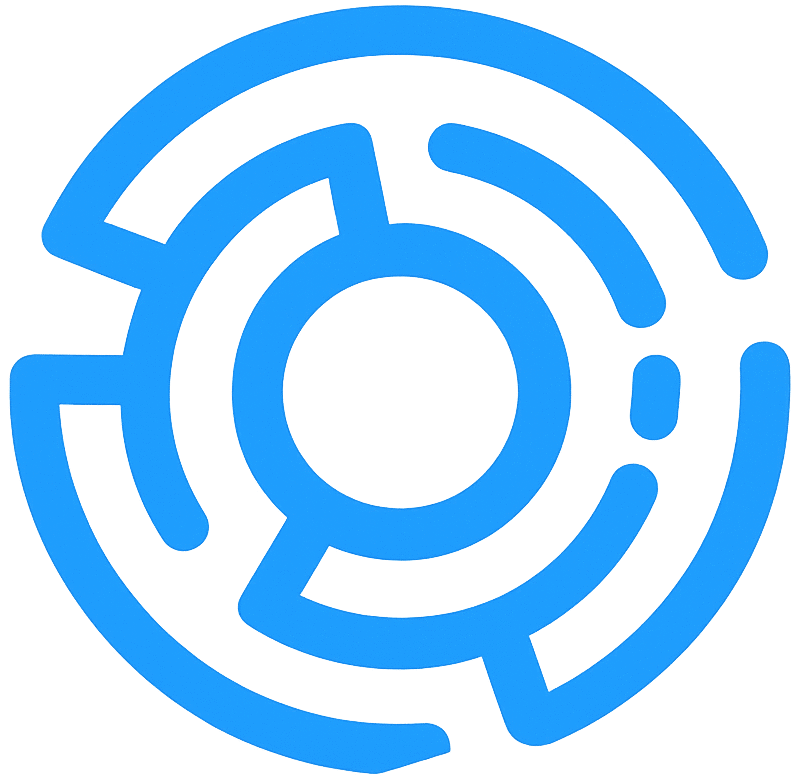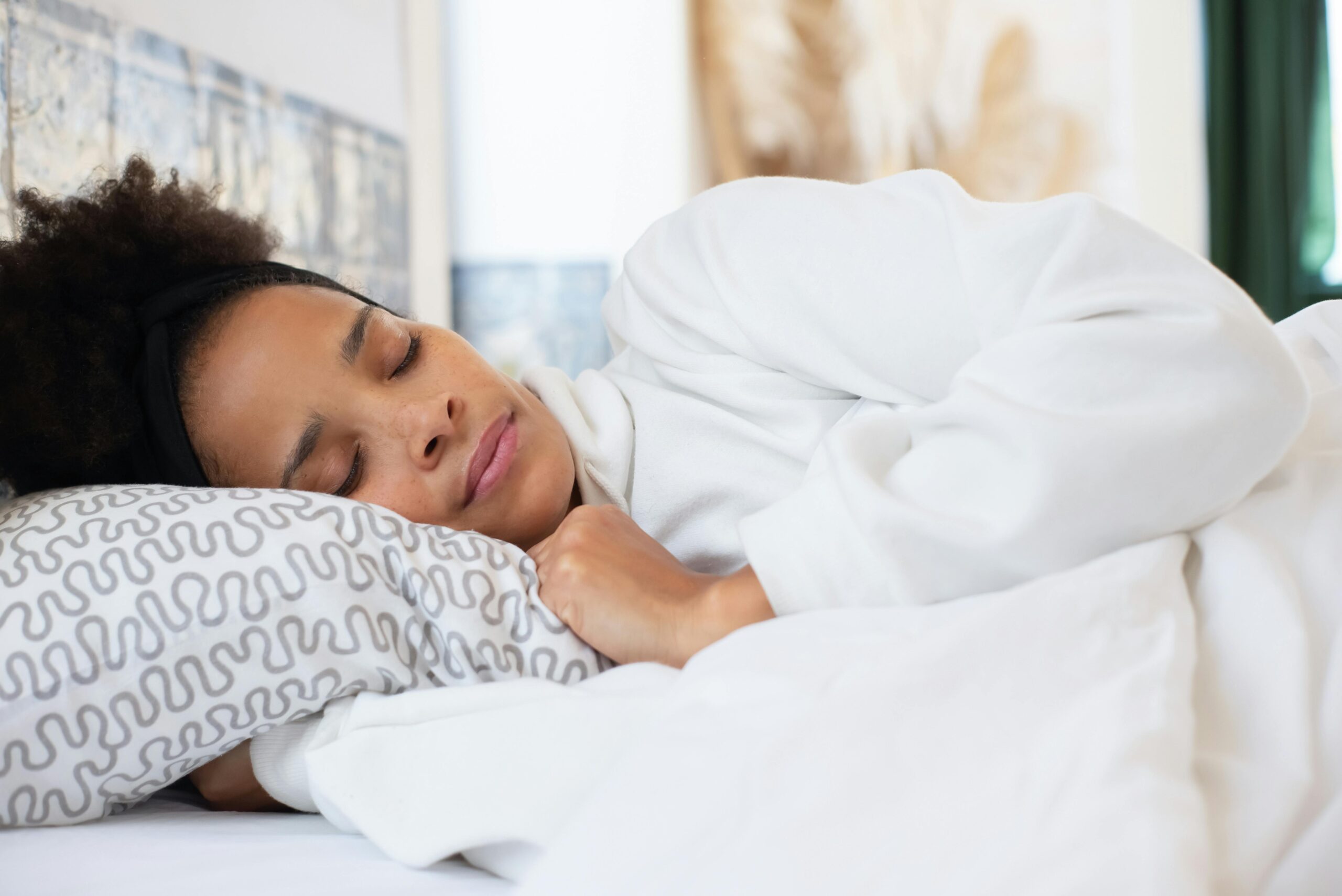Hey there, friend. Remember that time last week when the clocks changed and suddenly your sleep schedule went haywire? Yeah, me too. With daylight saving time throwing us all off – and let’s not even get into the lingering chaos from recent global events like those unpredictable weather patterns hitting the coasts – it’s no wonder stress levels are spiking. According to a fresh report from the Global Wellness Institute, over 60% of adults now report chronic sleep disruptions linked to anxiety, up 15% from last year alone. And here’s the kicker: AI is stepping in to flip the script. At Zentechflow.com, we’re all about cutting-edge tools meet everyday calm. Today, on October 29, 2025, we’re diving into AI-powered sleep optimization, the game-changer that’s using smart algorithms to tailor your rest, melt away stress, and boost mental health. It’s not just hype; it’s practical tech for beginners like you and me, seeking that elusive zen without overcomplicating life.
What Is AI-Powered Sleep Optimization and Why Does It Matter?
Picture this: instead of tossing and turning, worrying about tomorrow’s to-do list, your smartwatch or app whispers (well, digitally) exactly what you need – maybe a quick breathing exercise or adjusting your room’s lighting based on your body’s rhythms. AI-powered sleep optimization analyzes data from wearables, like heart rate variability and movement patterns, to create hyper-personalized plans that enhance deep rest and cut down on stress. Google’s latest Gemini-powered health coach, launched just today, takes this to the next level by digging into your sleep trends, linking them to daily habits, and offering tweaks that could add hours of quality shut-eye weekly.
The benefits? Huge for mental health and stress reduction. Poor sleep amps up cortisol – that pesky stress hormone – leading to irritability, foggy thinking, and even burnout. But with AI spotting patterns early, like how your late-night scrolling spikes anxiety, it nudges you toward better routines. Real-world wins include folks in high-pressure jobs, say a teacher juggling virtual classes post-storm disruptions, who report 20-30% less daily tension after a month of AI-guided tweaks. It’s all about proactive self-care: optimizing REM cycles for emotional resilience, syncing with your circadian rhythm to ease menopause-related insomnia, or even comparing your data anonymously to others for motivation. In 2025 wellness tech, this isn’t sci-fi; it’s accessible via apps like Fitbit Premium, making personalized self-care a reality for anyone with a smartphone.
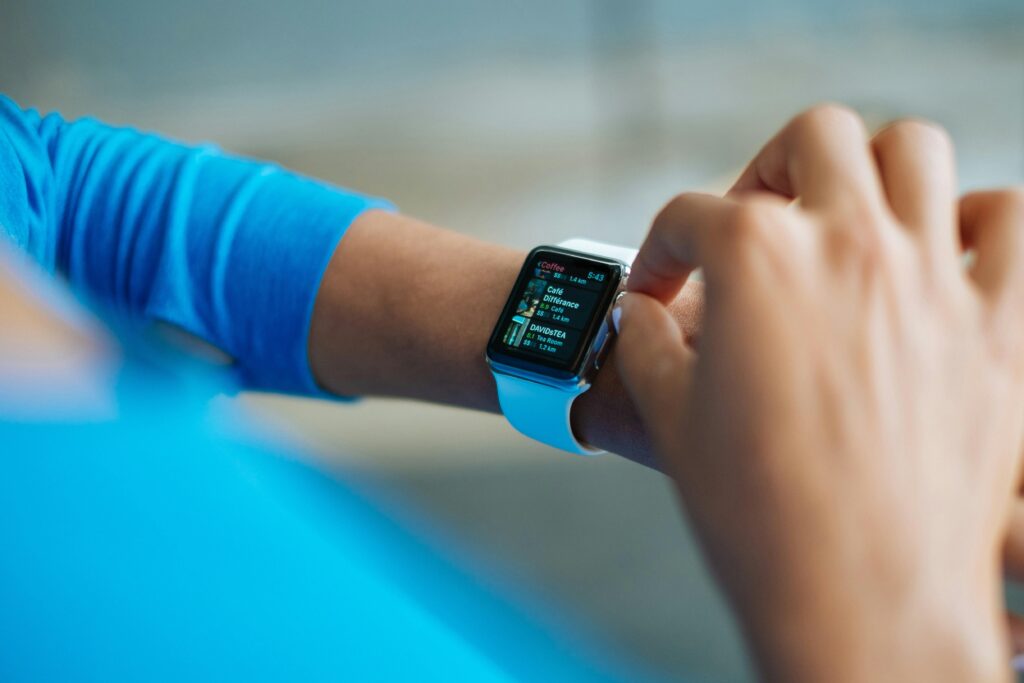
How You Can Start Using AI-Powered Sleep Optimization to Boost Your Wellbeing
Ready to ditch the sheep-counting? Getting started is simpler than you think, especially if you’re new to 2025 wellness tech. First off, grab a compatible device – think Pixel Watch or a basic Fitbit – and link it to an AI-enabled app. Let it track a few nights; the algorithms do the heavy lifting, learning your unique patterns like a quiet, non-judgmental buddy.
Step one: Set your baseline. Wear the device overnight and review the morning insights – maybe it flags that your afternoon coffee is wrecking your evening wind-down. Step two: Follow the nudges. If it suggests a 10-minute wind-down routine with dim lights, give it a shot; users often see deeper sleep within days. Step three: Integrate it into daily life. Pair it with simple habits, like avoiding screens an hour before bed, and watch stress melt. For mental health perks, use the app’s connections to lifestyle factors – say, linking poor sleep to skipped walks – to build a holistic routine. Pro tip: Start small during busy times, like now with end-of-month deadlines looming, to avoid overwhelm. Before long, you’ll feel more grounded, less reactive to life’s curveballs, and genuinely rested. It’s empowering stuff for beginners chasing that stress-free vibe.
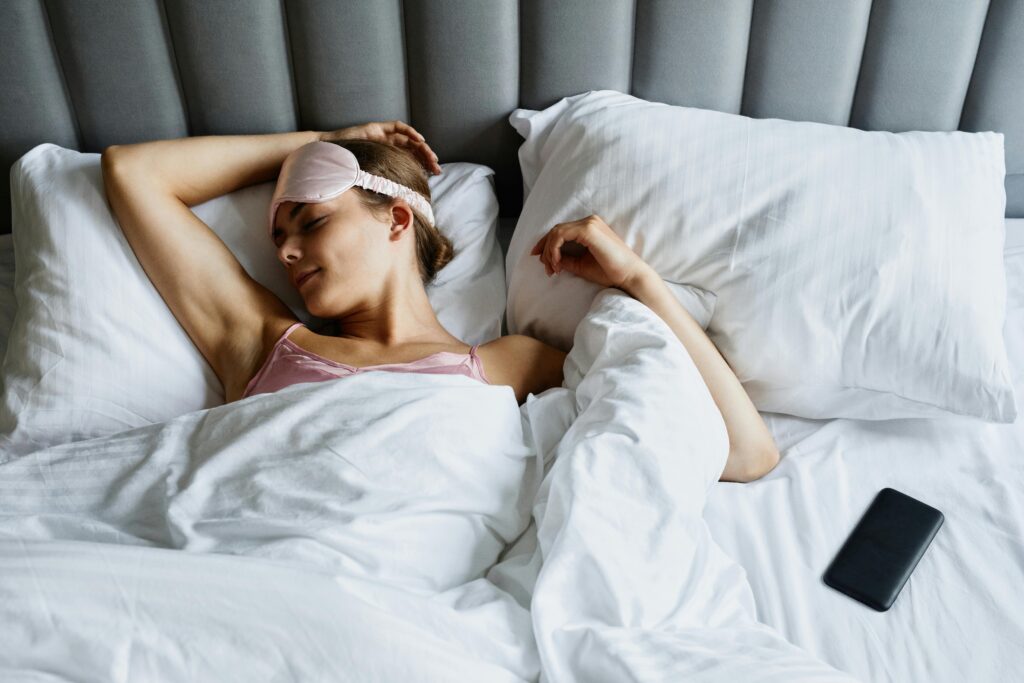
Top Udemy Courses to Master AI-Powered Sleep Optimization
Want to go deeper? Why not learn to build or customize your own tools? These highly rated Udemy courses (all 4.5+ stars) are perfect for beginners, teaching practical skills to create AI-driven wellness solutions. Enroll today and turn your curiosity into real-world zen!
- Artificial Intelligence in Health Care (4.6 stars) – Dive into AI basics for healthcare, including sleep data analysis and app integration. You’ll gain hands-on skills to design simple optimization tools, ideal for beginners wanting to personalize their rest routines and reduce stress. Boost your tech savvy and wellbeing – sign up now for transformative insights!
- AI for HealthCare Professionals (4.7 stars) – Explore real-world AI applications in wellness, focusing on sleep coaching algorithms and stress metrics. Perfect for non-experts, it teaches how to build beginner-friendly apps that track and improve sleep, enhancing mental health. Get started today and craft your path to calmer nights!
- Generative AI in Healthcare: Practical & Hands-on Learning (4.5 stars) – Hands-on projects on generative models for personalized sleep plans and self-care. Beginners learn to code AI that predicts stress triggers from sleep data, with easy tutorials. Unlock 2025 wellness tech skills – enroll and start optimizing your life!
- Introduction to AI in Healthcare (4.6 stars) – A gentle intro to AI tools for health, emphasizing sleep optimization and mental health apps. Build basic prototypes step-by-step, great for those seeking stress reduction through tech. Join now to empower your wellbeing journey!
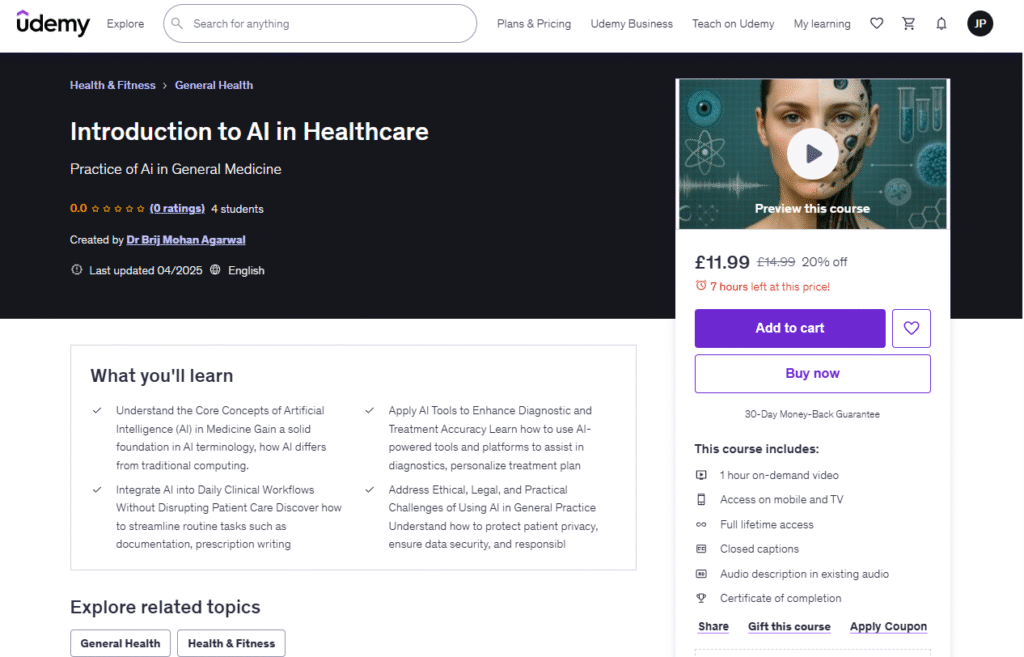
A Quick Note on Ethics: Keeping It Real and Responsible
Look, we’re empathetic folks here at Zentechflow – we get that tech like this is exciting, but it’s not a cure-all. Privacy is key; always check how your data’s handled, opting for apps with strong encryption to avoid feeling exposed. And remember, AI-powered sleep optimization shines for everyday tweaks, but if stress or insomnia feels overwhelming, chat with a pro – it complements, doesn’t replace, human care. We love how it democratizes wellness, but let’s use it mindfully to avoid over-reliance, ensuring it truly supports your unique path to calm.
In a world that’s always on, AI-powered sleep optimization is your secret weapon for reclaiming peace in 2025. It’s beginner-friendly, packed with potential, and aligns perfectly with our mission here. Head over to Udemy, snag one of those courses, and start transforming your nights today. Share this post if it resonated – who knows, it might help a friend find their zen too. Here’s to waking up refreshed and ready to thrive!
Affiliate Disclosure: This article may include affiliate links to products or services we recommend, such as those from Udemy, Hotmart, Amazon, or Todoist. If you make a purchase through these links, we may earn a small commission at no extra cost to you. These commissions help us keep ZenTechFlow.com running and continue providing valuable tips and reviews to support your journey toward technological wellness. Thank you for your support!
